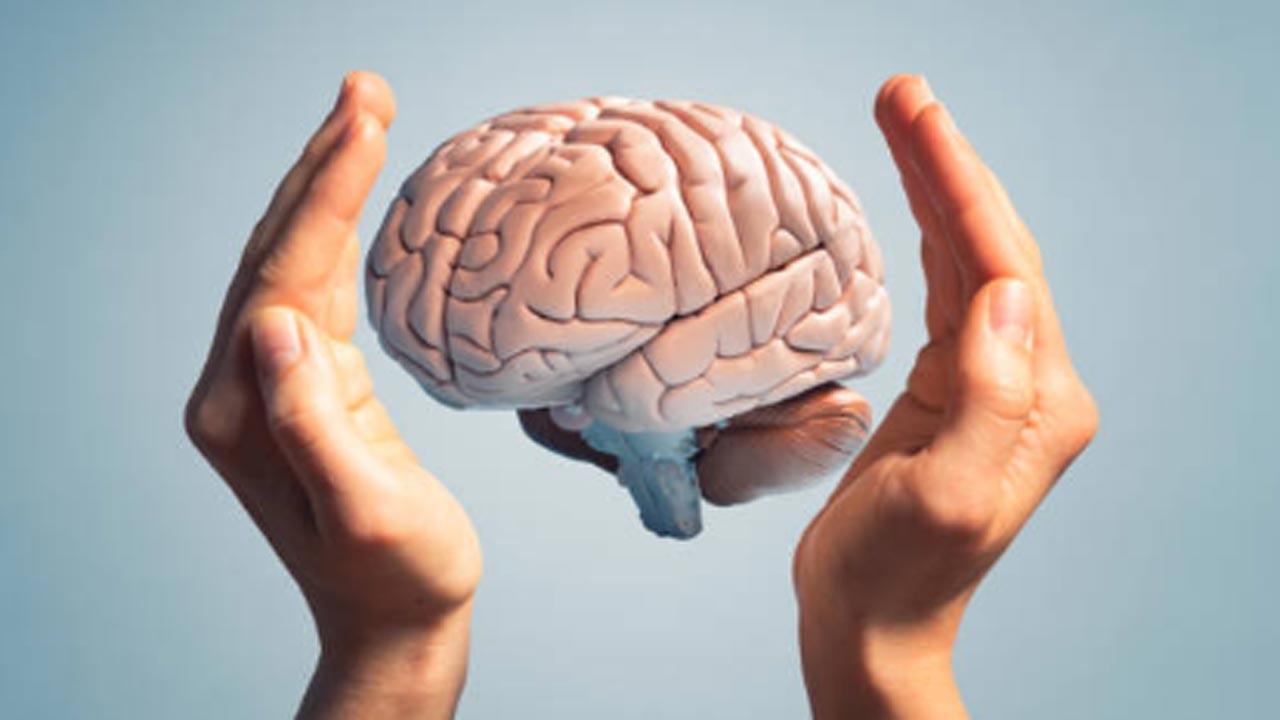Alzheimer's -- the most common cause of dementia -- causes the brain to shrink and brain cells to eventually die. The disease is known to severely impact memory, thinking, and behaviour

Image for representational purpose only. Photo Courtesy: istock
For a long time Alzheimer's Disease is known to affect older people but now Chinese researchers recently claimed a 19-year-old boy -- the youngest-ever patient -- was diagnosed with the disease. Faulty genes can likely make the disease more common in youngsters, doctors argued on Monday.
ADVERTISEMENT
Alzheimer's -- the most common cause of dementia -- causes the brain to shrink and brain cells to eventually die. The disease is known to severely impact memory, thinking, and behaviour.
While the signs of Alzheimer's typically start appearing in the mid-60s, early onset has been recorded starting from the 30s. To date, the youngest person known to have been diagnosed with Alzheimer's disease was a 21-year-old who carried a gene mutation.
But the study, published in the peer-reviewed Journal of Alzheimer's Disease, reported a 19-year-old boy in China with "probable" Alzheimer's disease.
While the exact cause behind his disease remains unknown, researchers from Capital Medical University's Xuanwu Hospital in Beijing said he started showing memory loss -- a typical characteristic of Alzheimer's -- and hippocampal atrophy -- a shrinkage that is an early marker of the disease -- since the age of 17.
"Alzheimer's disease can become more common with the younger population due to genes," Dr Atul Prasad, principal director & HOD Neurology, BLK Max Super Speciality Hospital, told IANS.
"It entirely depends on the quality of genes. It can lead to manifestation of the disease in early ages as well," he added.
Although the root cause of Alzheimer's remains unknown, faulty genes are one of most common reasons. However, the adolescent patient's case differed because no known genetic mutations were identified.
He showed typical characteristic features of memory loss - he had trouble studying, frequently lost belongings, could not remember eating and had to withdraw from high school, the South China Morning Post reported.
Speaking to IANS, Dr. Manish Mahajan, senior consultant - Neurology from Artemis Hospital, Gurugram, said that memory impairment in young patients should not be ignored by neurologists.
However, he disagrees that Alzheimer's will be more prevalent in young people. "It will be a wrong message if we say that Alzheimer's is now seen in younger individuals. It still remains a disease of elderly," Mahajan said, noting that there must be some genetic predisposition in the case of the Chinese boy.
While one cannot change their genes, good sleep, physical and mental exercise, which includes playing chess or bridge games can be key in avoiding the disease, Prasad said.
He also advised to "eat nuts for daily nutrition, especially walnuts as it carries a good amount of antioxidants which slow down the brain ageing".
Also Read: How to help your children prepare for exams, and cope with anxiety and stress
This story has been sourced from a third party syndicated feed, agencies. Mid-day accepts no responsibility or liability for its dependability, trustworthiness, reliability and data of the text. Mid-day management/mid-day.com reserves the sole right to alter, delete or remove (without notice) the content in its absolute discretion for any reason whatsoever
 Subscribe today by clicking the link and stay updated with the latest news!" Click here!
Subscribe today by clicking the link and stay updated with the latest news!" Click here!







